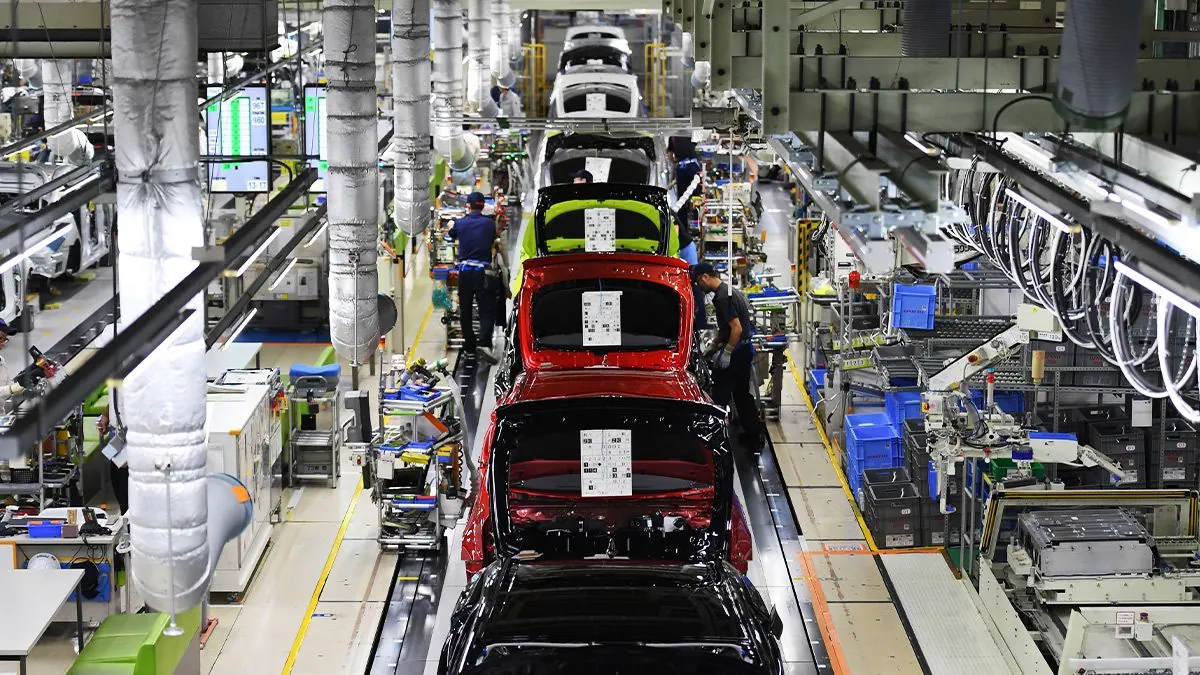Toyota Faces Challenges as Yen Strengthens, Exposing Internal Issues
Toyota's market value plummets as yen strengthens, revealing underlying problems. Testing scandal and slow EV adoption add to automaker's woes, while investors grow impatient with leadership.

Toyota Motor, the world's largest automaker, has experienced a significant market value decline of nearly $30 billion in less than two trading sessions. This 11% drop is largely attributed to the strengthening of the Japanese yen, which has exposed underlying issues within the company.
The Bank of Japan's recent decision to raise interest rates has prompted a yen rally, narrowing the spread between Japanese and U.S. bond yields. This shift is expected to impact Japanese corporations, including Toyota, which generates a substantial portion of its revenue overseas.
While the weak yen previously masked some of Toyota's internal problems, the company now faces several challenges. A testing scandal in Japan has led to a 25% decrease in domestic sales volumes, following the discovery of certification irregularities dating back to 2014. The Japanese government has demanded "drastic reforms" from the automaker after uncovering additional violations in vehicle certification procedures.

Toyota's strategic direction is also under scrutiny. The company's late adoption of electric vehicles (EVs) remains a concern, with pure battery-powered car sales accounting for less than 2% of total sales. While Toyota has a strong presence in the hybrid vehicle market, introduced with the Prius in 1997, this segment alone is insufficient to drive a turnaround.
Investors are showing signs of impatience with Toyota's leadership. At the annual general meeting in June 2024, Chair Akio Toyoda was re-elected with only 72% of the vote, a relatively low figure for Japanese corporate standards. Toyoda has acknowledged that continued decline in support could jeopardize his position.
The strengthening yen is exposing Toyota's underlying issues, leaving little room for the company to hide its challenges. As the automaker navigates these turbulent times, it must address its internal problems while adapting to changing market conditions and investor expectations.
"I won't be able to continue in my role if support continues to rapidly diminish."
Despite these challenges, Toyota remains a significant player in the global automotive industry. The company's influential "Toyota Production System" and "Just-in-Time" manufacturing philosophy have shaped manufacturing practices worldwide. Toyota has also set ambitious goals for carbon neutrality by 2050 and continues to invest in hydrogen fuel cell technology.
As Toyota faces these hurdles, the company must leverage its strengths, including its strong presence in emerging markets and its luxury vehicle division, Lexus, to navigate the changing automotive landscape and regain investor confidence.


































